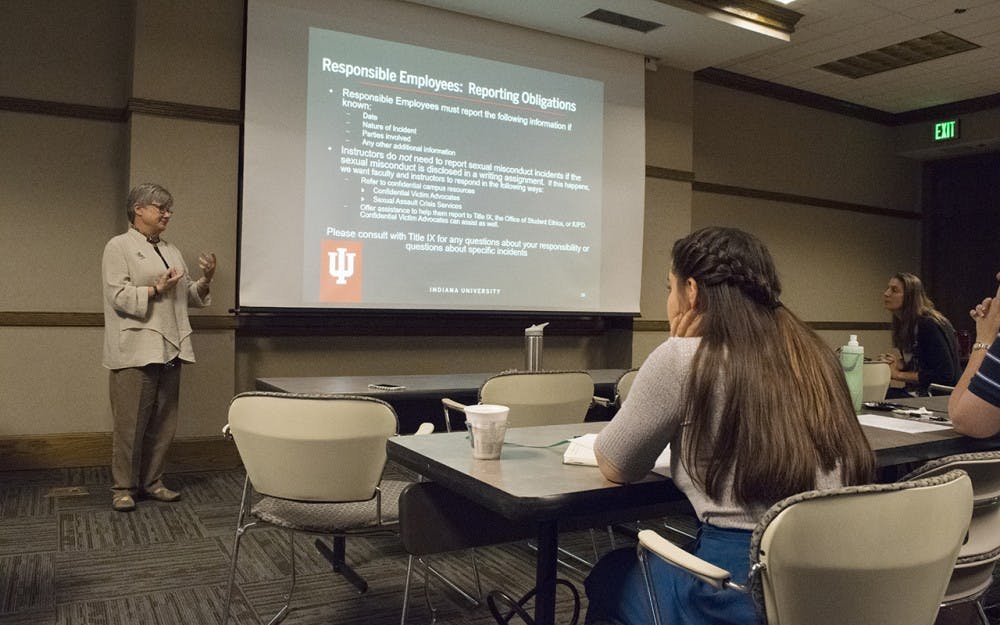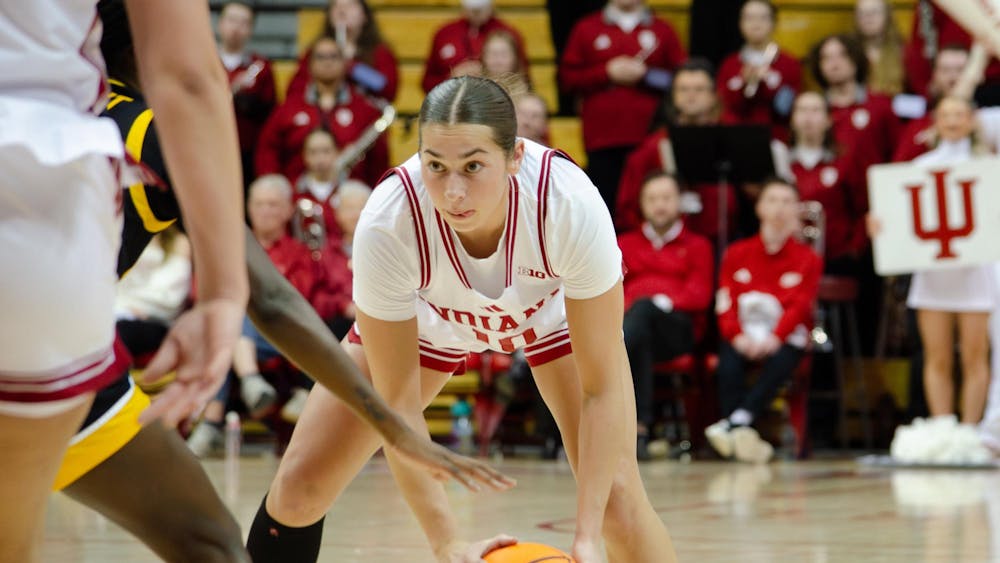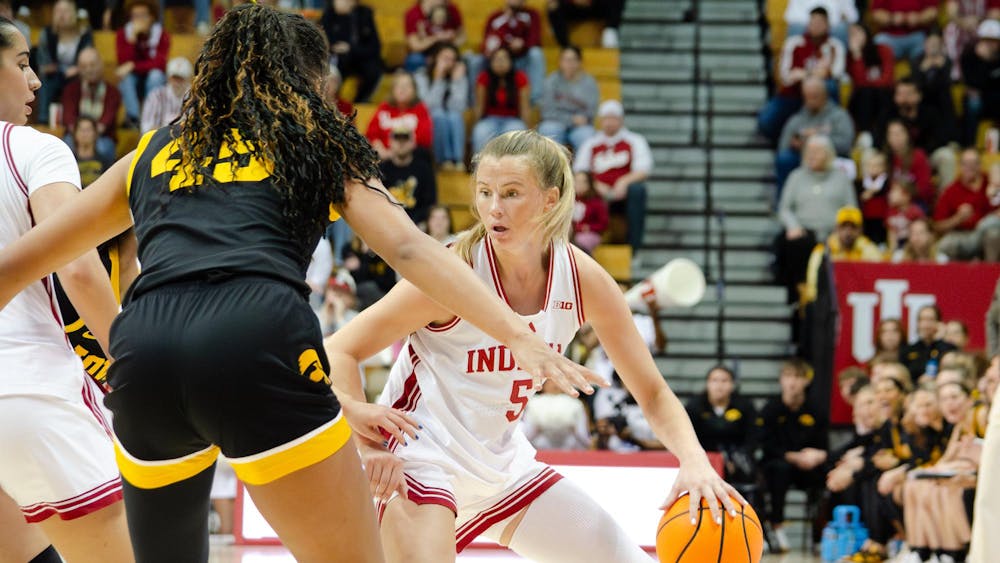Rape-supportive cultures lead to victim-blaming and shaming that often discourage sexual assault victims from reporting their assaults, sexual assault counselor Ann Skirvin said Tuesday night in the Indiana Memorial Union while speaking to faculty, staff and students about how they can help end sexual assault issues at IU.
Skirvin said rape-supportive culture is a culture in which sexual assault, rape and violence are common and in which prevalent attitudes, norms, practices and media normalize or even condone sexual assault.
[We asked you to share your stories. These are ours. | IDS]
Skirvin asked the audience to share some ways they see rape-supportive culture around them.
Sarah Nagy, senior associate director of the Office of First Year Experience Programs, said she consistently sees victim blaming based on the victim’s consumption of alcohol before an assault.
Another staff member said she often hears people talk about the lives of rapists being ruined, which shifts responsibility of their crimes away from the perpetrators.
Skirvin said the first person a sexual assault victim tells about their assault has an affect on whether or not that victim reports their assault.
“If the first person someone tells blames or shames them, it often shuts that person down, but if they’re understanding and supportive, they’re more likely to report,” Skirvin said.
Trigger warnings for sexual assault topics covered in classes are another way Skirvin said faculty can help accommodate students who have experienced assault.
“I just think it’s important for people to have as much information as they can so they can make informed choices,” Skirvin said.
Leslie Fasone, assistant dean of students of women’s and gender affairs, spoke about the problems the University has with students not reporting their sexual assaults and what might cause students not to report them.
Fasone said lack of reporting can be an issue if underage students fear repercussions if they were at a party where alcohol was present.
“Our sexual misconduct policy provides students with amnesty, but I don’t think many of our students know that,” Fasone said.
Several audience members proposed investing in sexual assault prevention programs that last after freshman year would be effective in preventing sexual assaults, but Fasone said lack of funding is a problem preventing such an expansion.
Associate Dean of Students and Title IX Deputy Coordinator Carol McCord explained how IU employees should go about reporting sexual assaults reported.
Employees are obligated to report the date, nature of the incident, parties involved and any other additional information they have.
McCord said employees should tell students they do not have to share additional information if they do not want to, but they have an obligation to share the information they have with a confidential victim advocate and the Office of Student Ethics.
“Our job is to make sure you know about the support we are supposed to provide for everyone,” McCord said.
Fasone and McCord explained why the University refers to sexual assault issues as sexual misconduct rather than sexual assault or rape.
McCord said some students have voiced the opinion that using the term sexual misconduct dismisses or minimizes the seriousness of sexual assault and rape and said the University takes feedback on these issues into account.
“We’re not trying to be dismissive, but we have had people say they didn’t report because they didn’t think what happened to them was rape,” McCord said.






